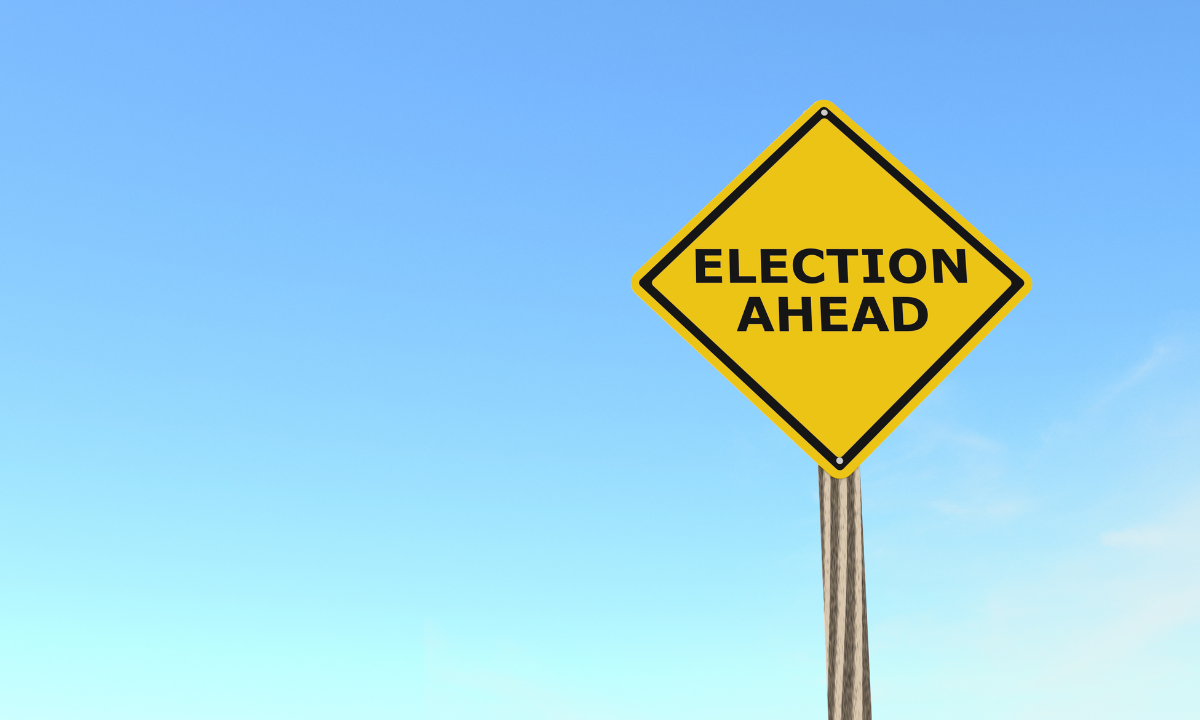You might have missed it last week, but the Gallup polling organization reported some very good news for the Republican Party.
The results of a poll completed September 15 show that more U.S. adults identify as or lean toward Republicans than Democrats, 48% to 45%. This measure has been highly predictive of presidential election outcomes since 1948. It has been several decades since it has favored Republicans.
Throughout those years self-identified Democrats have outnumbered Republicans, but they have tended to win presidential contests only in the years in which they had a larger-than-normal advantage in party affiliation. They have lost that advantage in 2024.
According to Gallup, ”Party affiliation and voting are strongly predictive of individuals’ vote choices, with the vast majority of identifiers and leaners voting for the candidate of their preferred party.”
In 2024 the tilt toward Republicans reflects the public’s preference for GOP positions on key issues. The top issues Americans see as the most important are the economy (24%), immigration (22%), the government (17%) and inflation (15%). The party rated as better at handling the most important problem has won all but three presidential elections since 1948.
The GOP has a solid advantage on that score this year, with the public preferring the GOP over the Dems, 46% to 41%, when considering the top two issues, the economy and immigration.
Reinforcing that view is a broader measure that Gallup has tracked for many years — voter concerns about “prosperity”, i.e, economic and international matters combined. Americans currently give the Republican Party a six-percentage-point edge, 50% to 44%, as the party they think would do a better job of keeping the country prosperous.
As a defining issue the economy is likely to be a far more potent issue in 2024, as economic anxiety is much higher than usual. Gallup’s Economic Confidence Index currently stands at negative 28 (zero being neutral), the third lowest in the past three decades, following the years 2008, in the midst of the Great Recession, and 1992, during the slow recovery from the 1991 recession.
It would be consistent with history for Americans to “vote their pocketbooks” in 2024. This is a year when that concern should favor Republican Party prospects across much of the nation.




